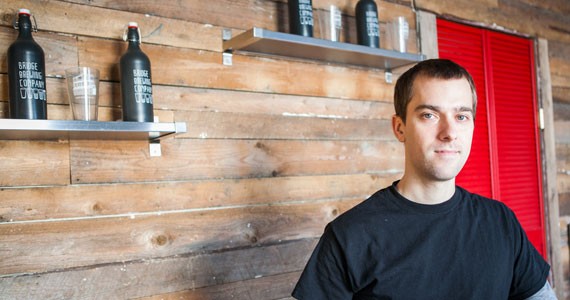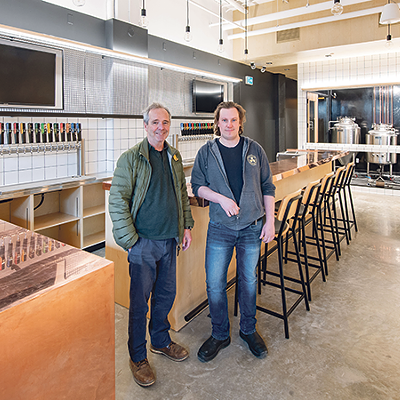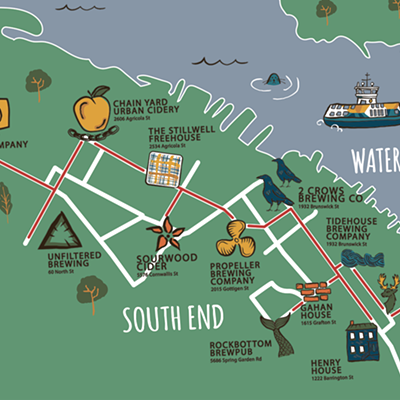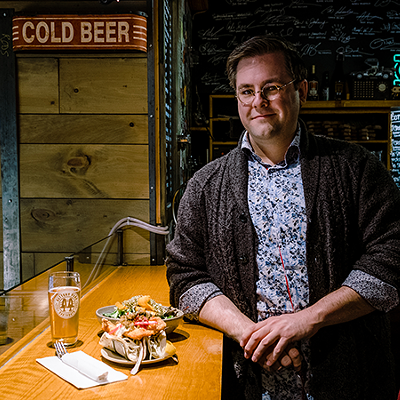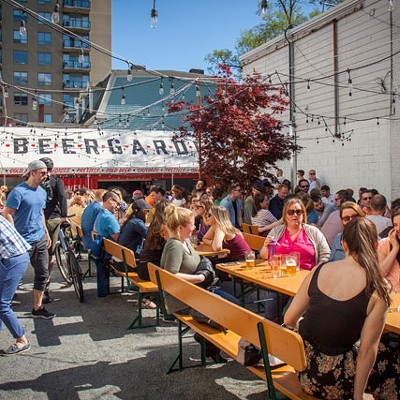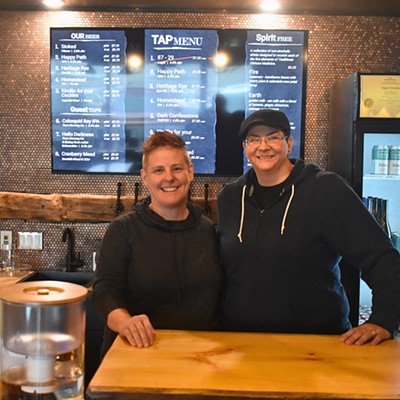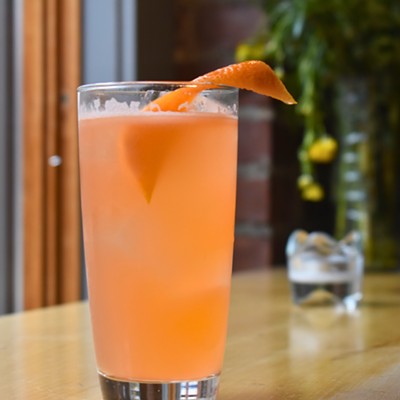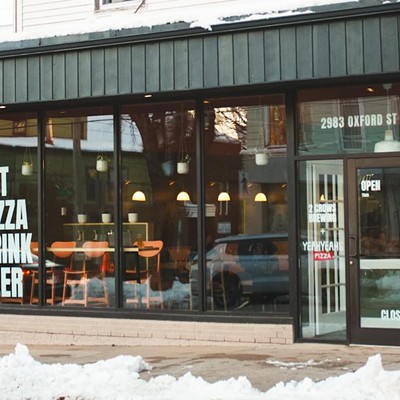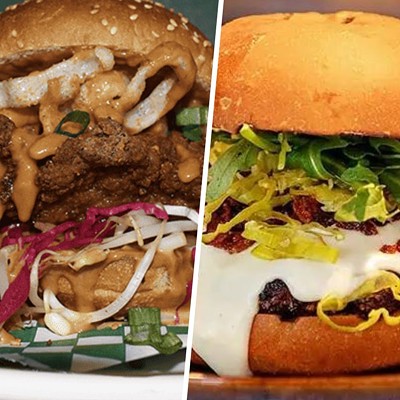It is difficult to tell whether the immense popularity of Halifax's newest craft brewery, Bridge Brewing Company, is due simply to its newness, or to the fact that it specializes in Belgian-style beer. But one is tempted to conclude that the enigmatic nature of Belgian ale is the carrot.
Since opening in January, Bridge has been selling out reguarly, opening to lineups of beer lovers looking to refill or purchase Belgian-themed, ceramic swing-top bottles of its Farmhouse Ale or Gus' Belgian Blonde Ale. At last check Bridge has two taps in the city, at Gus' Pub and Brooklyn Warehouse, and they too have been selling out regularly. Clearly, Haligonians love Bridge beer, but what exactly makes a beer Belgian-style? For starters, a continental lager like Stella Artois, though made in Belgium, isn't Belgian-style.
"I love the inventiveness of the Belgian brewing tradition," says Bridge's Peter Burbridge. "While many other European countries restricted the ingredients that could go into beer, in Belgium they continued to add spices, sugars and fruits to create unique beers."
He also points out the romantic nature of Belgium's Abbey beers that are brewed by monks in Trappist monasteries, and the spontaneously fermented sour lambic beers, made famous around Brussels. "The lambics are probably as close as you can get to reaching back in time and tasting what beers may have tasted like hundreds of years ago," Burbridge adds.
Belgian beers are often strong---deceptively so---and tend to be very food-friendly, matching up as well as wines. To try some of the classic Belgian ales, check out Premier Wine and Spirits, which carries hundreds of specialty beers and currently lists dozens of Belgian-style brews, including some made in Canada and the US.
One common thread that connects classic Belgian beers is that they are largely defined by their fermentation moreso than the base ingredients. Whether it is the potpourri of wild yeast and bacteria that give lambics their strangely appealing flavours, the sour nature of flanders ales like Rodenbach or the spicy and fruity flavours arising from the classic Belgian yeast strains used in Abbey beers and saisons, Belgian ales are undeniably the most complex and memorable brews in the world. Indeed, enthusiastic homebrewers and craft breweries often attempt to duplicate iconic brews by using the exact yeast strain---or mix of strains---that the Belgian breweries do. But, if you want to make a true clone of Orval, you need its yeast, and the same goes for Belgian brews like Chimay and De Koninck. To this end, Bridge has been using specific yeast strains to duplicate Belgian ale.
"We have used three strains so far," explains Burbridge. "Our Farmhouse beer is brewed with an amazing farmhouse strain that Wyeast has recently made available. It produces a wonderful fruity tartness that you don't find in many beers. We also used an Abbey yeast strain for our Belgian blonde and have used the Belgian ardennes yeast strain."
This is why Bridge's beer tastes authentic. That is the essence of Belgian style. If Bridge brewed those beers with a Canadian ale yeast, they would taste completely different, more neutral.
Not surprisingly, given the great response, Burbridge is considering other classic Belgian styles. "We would love to experiment with a brettanomyces strain to produce a sour beer," he notes. "But that is probably a year or two away right now. We are very busy with the two beers we are doing now, but we are working on an Abbey-style double that we are quite excited about. We would also like to do a strong, dark Belgian and perhaps an Abbey triple as well."
Haligonians will await, ceramic bottles in hand.

